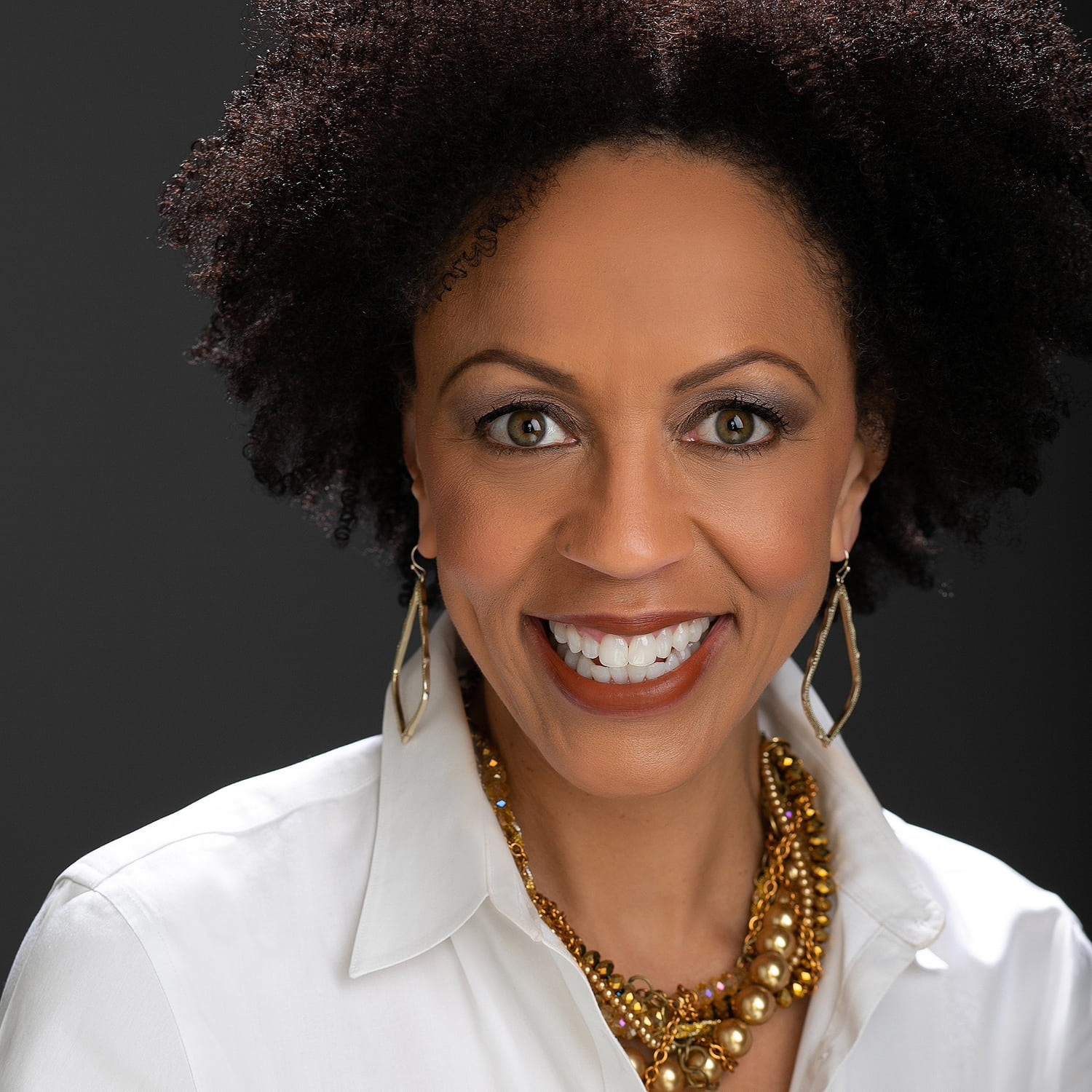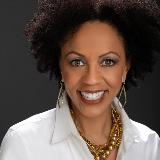How a Strong Personal Brand can Make You a More Effective EHS&S Leader

TP: I define personal branding as the sum of all stakeholder perceptions about an individual. Personal branding begins with self-awareness: What you believe makes you truly unique and special as an EHS&S professional. Personal branding doesn't stop with a look in the mirror, however. Occasionally, you must peek out of the window to assess company, marketplace, and industry perceptions about the value that you bring to those you serve – colleagues, customers and investors. Also, as you advance throughout your career as an EHS&S professional, personal branding will be an ongoing journey of self-discovery and accountability.
NAEM: What are some of your favorite examples of personal brands?
TP: I have a great deal of respect for Golden State Warriors Guard Stephen Curry. He is Under Armour's highest paid endorser. Yet, when the company's founder, Kevin Plank, made comments that went against Curry's politics, Curry quickly met with Plank and his leadership team to, "Understand what was going on and where everybody stood on the issue."
This battle of the brands underscores the importance of authenticity, staying true to your values, and being unapologetically you in brand building. Kudos, Curry!
NAEM: What are the elements of a strong personal brand?
TP: A strong personal brand answers, "Why?" At its best, personal branding confidently and consistently shows the rest of the world why you are the perfect candidate for the highly sought-after position, or why you deserve a salary increase. It underscores why you are the go-to guy or gal for a specific issue that no one else can ever seem to solve. Authenticity, staying true to your values, and being unapologetically you are critical elements of a strong personal brand, a well.
NAEM: Why should EHS&S professionals cultivate a personal brand?
TP: Teleworking, social media, live meeting and webinar platforms, and other technological advances have changed the workplace. When I think about strong personal branding in a global, 21st- century environment, being a task master-in-chief must give way to being an agent of transformational change. Similarly, EHS&S professionals operating in a silo, solely focused on their own departmental goals will need to shift their mindset to one of exceeding customer and investor expectations, and delivering overall business priorities. Also, a professional's value to the organization hinges on his or her ability to take ownership of and to help drive the corporate vision.
NAEM: How can having a strong personal brand make you a more effective EHS professional?
TP: Perhaps one of the greatest benefits of defining and articulating your personal brand (or what you want to be known for) is that it gives you clarity. And clarity is power. It gives you permission to either delegate or abandon all together the busy work that provides a false sense of accomplishment.
As an example, several years ago I was venting to a friend about the challenge of juggling bookkeeping, business development, administrative tasks, and the other competing priorities that entrepreneurs must manage daily. She abruptly stopped me and said, "Look, we all know that you're capable of doing each of those things extremely well. But do you really want to make those menial tasks a significant part of your legacy?"
This was a pivotal moment on my own personal journey of self-discovery. Now whenever I am overwhelmed and struggling to decide what tasks I am willing to give up to an assistant, considering my personal brand (or what I want to be known for) brings clarity, direction and a renewed sense of purpose. (And, as you probably guessed, bookkeeping and filing never make the short list when I consider my career legacy.)
NAEM: What are some steps you recommend for those who want to start developing their brand?
TP: First and foremost, personal branding or "becoming known" for something happens authentically and organically. Having said that, as you endeavor to define your personal brand, start by identifying the professional role that you aspire to have. Next, consider what the future of your firm, industry, and EHS&S will look like. That should give you some insight into which of your attributes, and I am sure there are many, will have the most meaningful impact on customers, investors and other stakeholders. The key is to align your strengths with business and stakeholder priorities.
About the Author

Tareaz Pegues
Pegues Branding Group
Tareaz Pegues advises and coaches frontline professionals, managers and executives as the principal at Pegues Branding Group. Guiding her clients on a journey of self-discovery, Tareaz helps them change the behaviors, attitudes and perceptions that prevent personal and professional growth.


